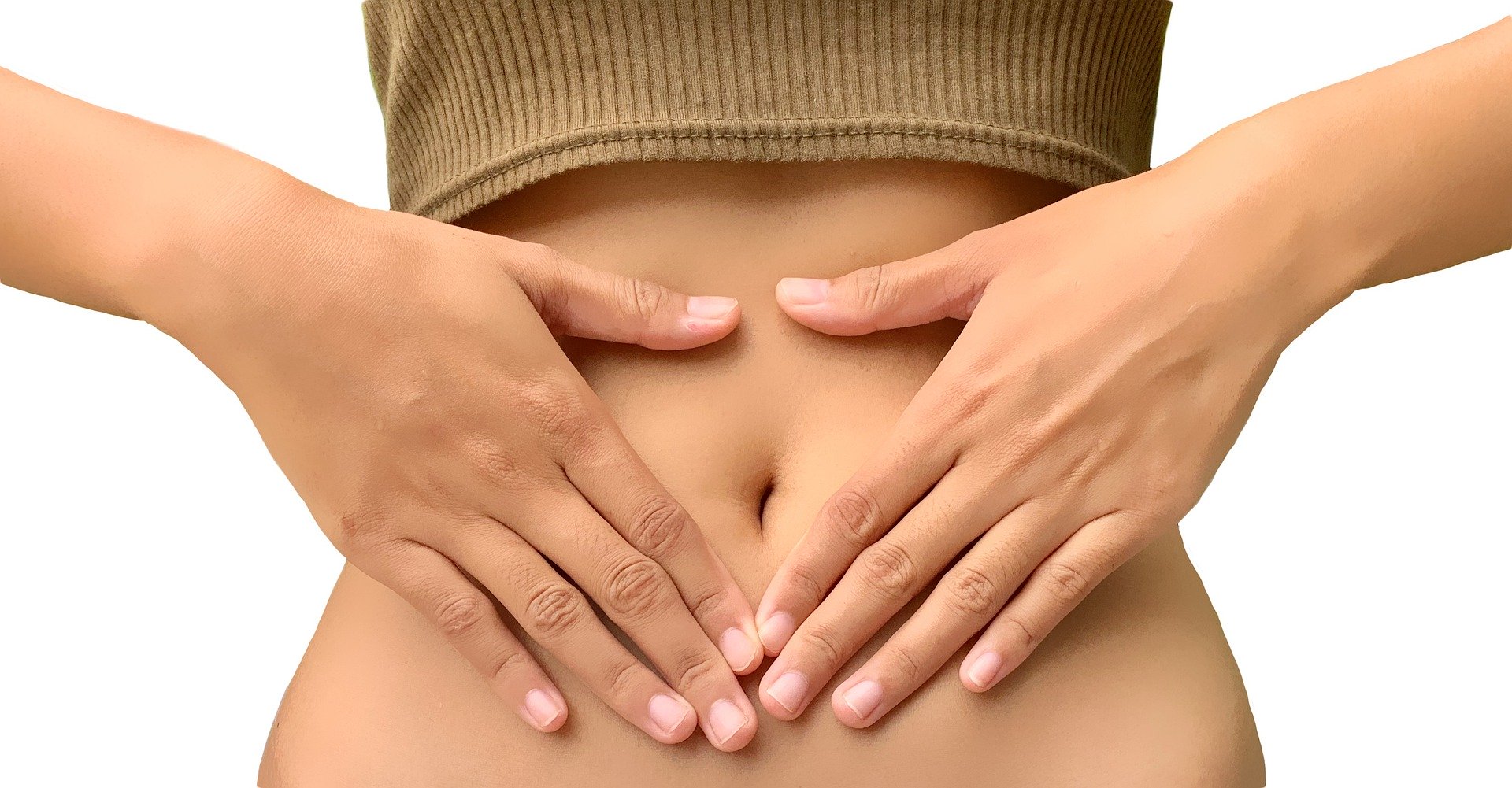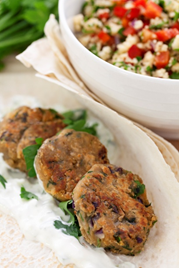Love your guts
A healthy gut can play a crucial role in our physical, mental and emotional health. Looking after your gut health and the friendly bacteria inside is key to a healthy body and mind.
What is a microbiome?
The gut microbiome is made up of trillions of microorganisms that live in our gut. This community is mostly made up of a range of good and bad bacteria. Research in this area is developing rapidly and scientists are beginning to understand how the balance of different types of microorganisms in our gut microbiome determines our overall health. A healthy microbiome is one that has a wide variety of good bacteria, which can enhance your mental and physical health.

Tips for good gut health
Boost your fibre
Fibre is the part of plant foods that is not digested. Fibre can help you stay fuller for longer, improve cholesterol levels, moderate blood sugar levels and maintain regular bowel movements. Eating a fibre-rich diet can help prevent illnesses such as gallstones, bowel cancer, haemorrhoids and diverticulitis. A key role for fibre is providing prebiotics to ferment and feed the good bacteria in our guts, essentially allowing them to grow and multiply to support our immune system, hormone production and overall gut health.
You will find fibre in:
- Wholegrains and high-fibre cereals
- Fruits and vegetables, including fresh, frozen, dried and tinned
- Nuts and seeds
- Legumes and lentils
Make friends with probiotics
Probiotics are friendly bacteria and microbes that can be ingested to help restore and build up the good bacteria in your gut. Particularly useful after a tummy bug, bout of diarrhoea or a dose of antibiotics.
Natural sources of probiotics include fermented foods such as yoghurt, kefir, sauerkraut, miso, pickles and kombucha. It is important to note that not all fermented foods contain live active cultures, and some may contain high levels of sodium, so check the label.
Seek out advice from your GP or an accredited practising dietitian (APD) before commencing any type of probiotic supplementation, as supplements can be expensive and probiotic strains must be matched to the symptoms. There is also no point in taking probiotic supplements if you are not eating fibre-rich foods full of prebiotics to feed them!
Remember:
- Looking after your gut and the friendly bacteria inside is key to a healthy body and mind.
- The gut microbiome is made up of trillions of microorganisms that live in our gut.
- A healthy microbiome is one that has a wide variety of the good bacteria which can enhance your overall health.
- A key role for fibre is providing prebiotics to feed the good bacteria in our guts which supports our immune system, hormone production and overall gut health.
- Natural sources of probiotics include fermented foods such as yoghurt, kefir, sauerkraut, miso, pickles and kombucha.
- Not all fermented foods contain live active cultures, and some may contain high levels of sodium, or intense sweeteners so check the label.

Falafel balls with tzatziki
Maximise your intake of probiotics and prebiotics with this simple falafel and tzatziki recipe. Serve them in a wholegrain wrap, loaded with salad or sliced vegetables for a rich fibre hit!
Reduce discretionary and ultra-processed foods
These foods are high in sugar, salt and saturated fats and don’t do any favours for your gut health. Discretionary foods include deep-fried foods, alcohol, sweet biscuits and cakes, processed meats and sausages, pastries, confectionary and sugar-sweetened drinks. Limit these foods to small quantities and only on special occasions as part of a healthy balanced diet.
Stay hydrated

Choose water as your main drink of choice – not only is it refreshing but it assists with digestion and keeping our bowels working well. Aim for around 8 glasses of water a day and more on particularly hot or physically active days. Carry a drink bottle to remind you.
A holistic approach
Remember, gut health is not only determined by what we eat and drink, but also physical activity, stress, sleep, antibiotic use and other lifestyle and environment factors too. Find ways to keep physically active, manage stress and get enough sleep, as well as eating a variety of foods from the core food groups each day to support your gut health.
Remember:
- Reduce discretionary and ultra-processed foods, as these harm gut health.
- Choose water as your main drink of choice – not only is it refreshing but it assists with digestion and keeping our bowels working well.
- Take a holistic approach to gut health.
Produced by Nutrition Australia ACT Division, 2020. Reviewed August 2021.




